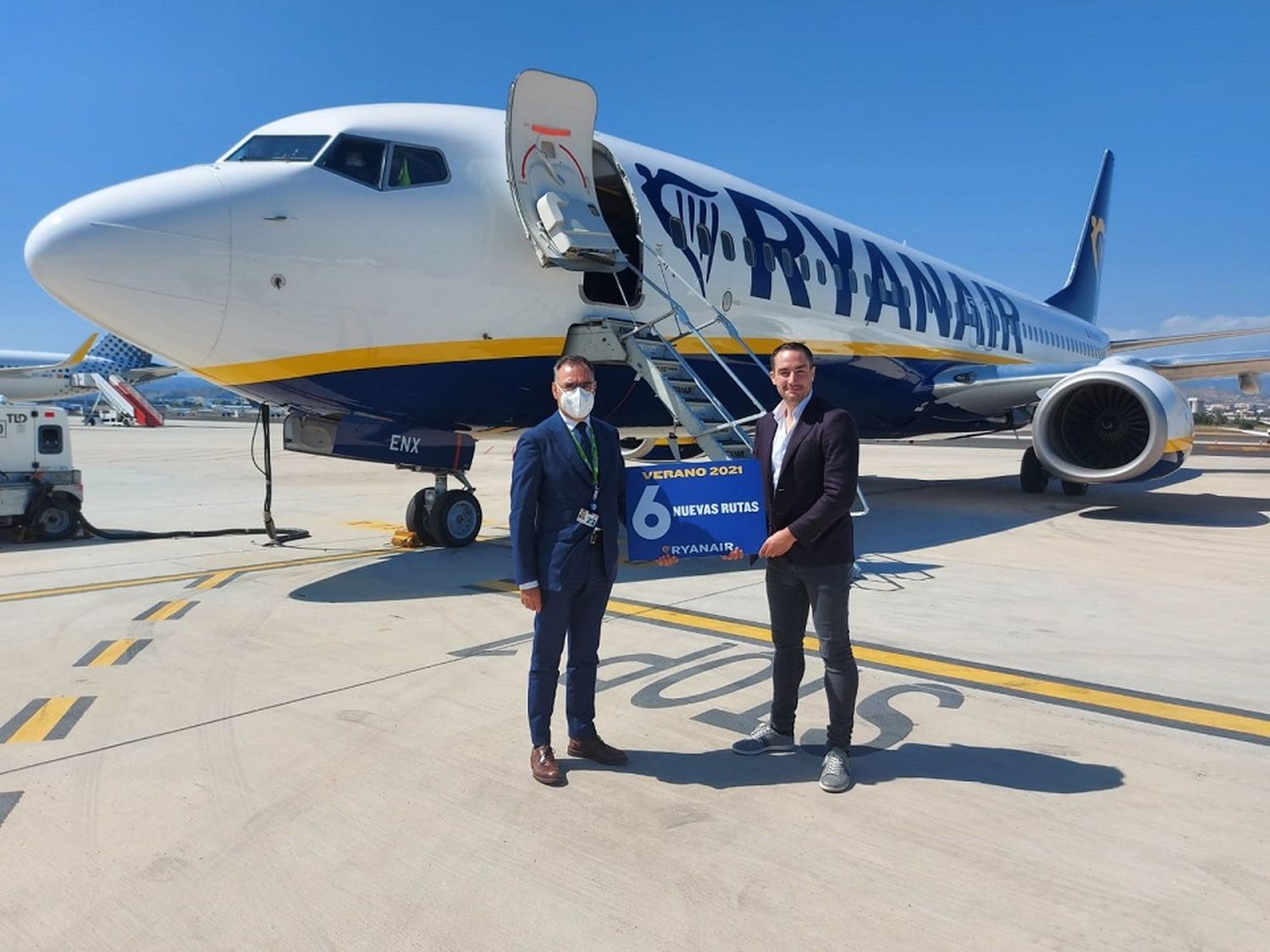The Italian staff of the European low-cost airline Ryanair will go on strike on June 25.
The FILT-CGIL and UIL Trasporti unions, representing pilots and cabin crew, will carry out a 24-hour strike to demand better working conditions. This is in addition to other strikes to be carried out by European aviation workers at a time when the sector is trying to recover from the effects of the Covid-19 pandemic: personnel in Spain, Portugal, France, and Belgium have already announced similar measures.
The UIL press release points out that «the June 25 protest is part of a coordinated mobilization at the European level. The Italian staff of Ryanair, Malta Air, and CrewLink will go on strike to demand better contracts, guaranteeing adequate working conditions, and wages in line with the minimums mandated by our country’s air transport law.»
The message continues by stating that «pilots and flight attendants based in Spain, Portugal, France, and Belgium will also refrain from working that day, so it is likely that there will be inconveniences in flights operated by the Ryanair Group».
Finally, the message closes by pointing the finger at the airline for the current situation. «The strike is a product of the continuous impossibility to start negotiations with the company after the June 8 strike. We remain without solutions to problems that have been plaguing crew members for months,» the organization says.
Although Ryanair is accustomed (badly accustomed even) to the labor claims of its workers -generally turning a deaf ear- the labor market is quite different from just a year ago. The airline industry is at a point where demand is skyrocketing, something that not even the most optimistic analysts expected. As a result -among others- of the layoffs and voluntary retirements carried out as a way to survive the pandemic, there is no personnel (neither ground nor flight crew) to cover this growth.
Ryanair, which has traditionally paid lower salaries than the industry average and is accused of abusive labor practices (such as, for example, charging employees for water as if they were passengers), should start rethinking the way it thinks of its staff: the workers of any company -and even more so those of service-based companies such as airlines- are not a source of expenses, but the machine that generates its income.
Either the most prominent European low-cost airline changes how it treats the people who every day put on their uniforms and dedicate their lives to making money for it, or it could begin to hemorrhage workers at the hands of desperate competitors willing to pay anything to quench its thirst for staff.


Comentarios
Para comentar, debés estar registrado
Por favor, iniciá sesión